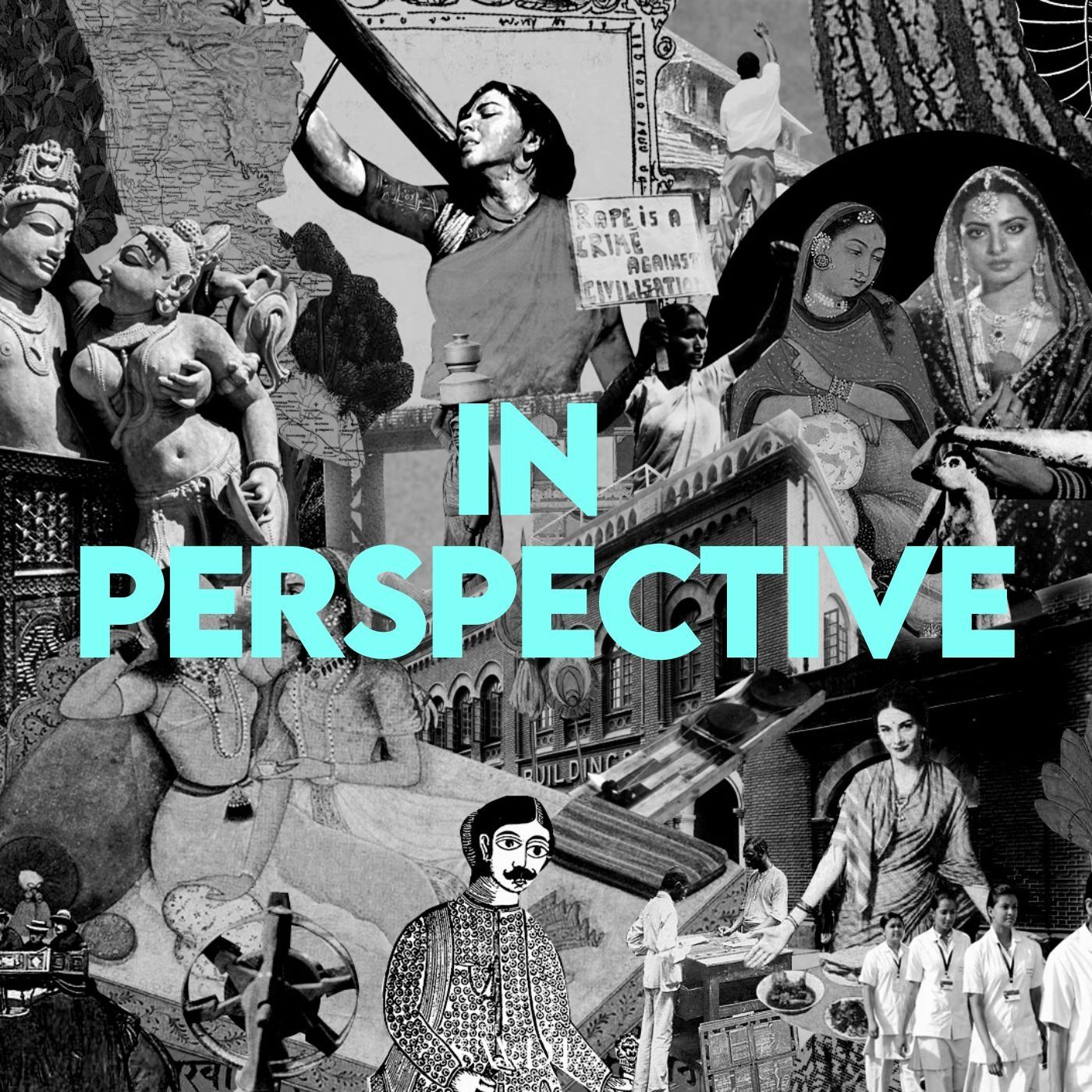- After-Shows
- Alternative
- Animals
- Animation
- Arts
- Astronomy
- Automotive
- Aviation
- Baseball
- Basketball
- Beauty
- Books
- Buddhism
- Business
- Careers
- Chemistry
- Christianity
- Climate
- Comedy
- Commentary
- Courses
- Crafts
- Cricket
- Cryptocurrency
- Culture
- Daily
- Design
- Documentary
- Drama
- Earth
- Education
- Entertainment
- Entrepreneurship
- Family
- Fantasy
- Fashion
- Fiction
- Film
- Fitness
- Food
- Football
- Games
- Garden
- Golf
- Government
- Health
- Hinduism
- History
- Hobbies
- Hockey
- Home
- How-To
- Improv
- Interviews
- Investing
- Islam
- Journals
- Judaism
- Kids
- Language
- Learning
- Leisure
- Life
- Management
- Manga
- Marketing
- Mathematics
- Medicine
- Mental
- Music
- Natural
- Nature
- News
- Non-Profit
- Nutrition
- Parenting
- Performing
- Personal
- Pets
- Philosophy
- Physics
- Places
- Politics
- Relationships
- Religion
- Reviews
- Role-Playing
- Rugby
- Running
- Science
- Self-Improvement
- Sexuality
- Soccer
- Social
- Society
- Spirituality
- Sports
- Stand-Up
- Stories
- Swimming
- TV
- Tabletop
- Technology
- Tennis
- Travel
- True Crime
- Episode-Games
- Visual
- Volleyball
- Weather
- Wilderness
- Wrestling
- Other
A New Dalit Womanhood in Colonial India, Education and Women’s Domestic Work, and More With Dr. Shailaja Paik
In this episode historian Dr. Shailaja Paik discusses the factors that have impacted Dalit women's access to and quality of education in India over time.‘In Perspective’ is The Swaddle’s podcast series where academics reveal little-known facts about Indian history, society and culture. Notes: 00:00:40:00- Why do mainstream feminists and dalit men believe that dalit women are more ‘liberated’ than high caste women? What are the problems with this though pattern?00:04:55:12- What is ‘Dalit femininity’ and ‘oppressed sexuality,’ and how do we interrogate and understand these two?00:07:20:00- How was ‘a new Dalit womanhood’ forged in Colonial India? What role did social reformers like Jyotirao Phule and Dr B.R Ambedkar play in it?00:16:04:00- What kind of culture did upper-caste Marathi elite constitute in 20th century Maharashtra? How did it reinforce inequality in ‘high’ and ‘low’ communities and culture?00:21:47:00- How did women’s education in India change their views about themselves?00:27:47:00- How did Dalit women have power relationships in the wider society, and how do these relationships have a bearing on the access and quality of education?00:33:18:00- How was the access and quality of education in formal institutions received by Dalit girls?00:37:23:00- What was the prevailing view about access for Dali women?00:40:00:00- What direction does academic research, especially Indian historical research, need to take to tell stories and to unearth research?

